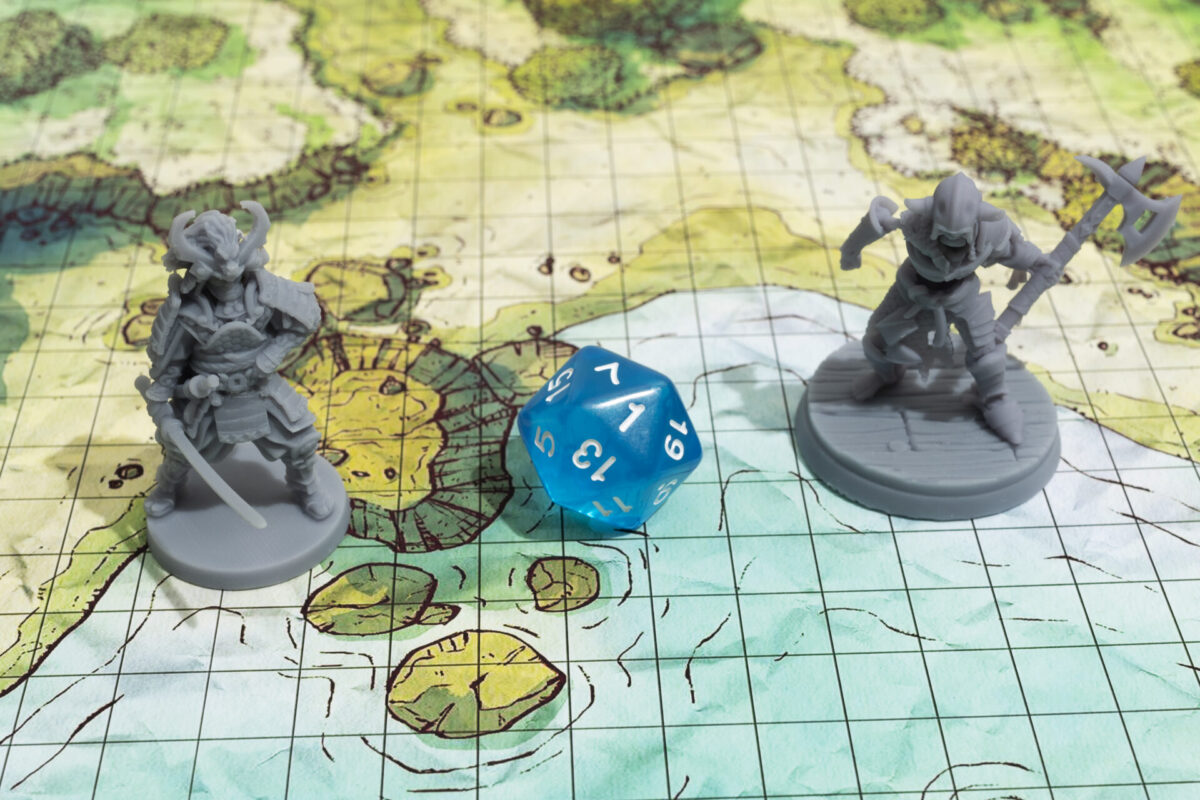Roleplaying Real Connections: Using TTRPGs to Develop Adolescent Social Skills
Tabletop role-playing games (TTRPGs) have gained recognition as innovative tools for developing social skills among adolescents. By engaging players in cooperative storytelling and character interaction, these games create a dynamic environment where participants can practice and refine various interpersonal skills. Research indicates that TTRPGs can effectively enhance communication, empathy, problem-solving, and teamwork skills, making them a valuable resource in educational and therapeutic contexts.
One of the primary social skills fostered through TTRPGs is communication. In these games, players must articulate their ideas, negotiate with others, and engage in active listening, which are all vital components of effective communication. A study by Henning and their colleagues (2024) highlights how participants in TTRPGs demonstrated improved verbal communication abilities and increased confidence in social situations. The interactive nature of the game necessitates constant dialogue, thereby providing a safe space for adolescents to practice these skills without the fear of real-world repercussions.
Empathy, another crucial social skill, is often developed through the character-driven narratives typical of TTRPGs. Players immerse themselves in the lives of their characters, experiencing diverse perspectives and emotional responses. A study by Soleski (2023) found that adolescents who regularly participated in TTRPGs exhibited higher levels of empathy and emotional intelligence than their peers who did not engage in similar activities. By understanding their characters’ motivations and emotions, players can cultivate a greater understanding of the feelings and experiences of others, which translates to improved real-world interactions.
Additionally, TTRPGs promote teamwork and problem-solving skills. Players must work collaboratively to navigate challenges and achieve common goals, which mirrors the dynamics of group projects in educational settings. Research by Blackmon (1994) indicates that adolescents who engage in cooperative gameplay develop stronger teamwork abilities and a greater appreciation for diverse viewpoints. This collaborative aspect of TTRPGs not only enhances social cohesion but also prepares players for future collaborative endeavors in academic and professional environments.
Furthermore, TTRPGs can serve as a therapeutic tool for adolescents struggling with social anxiety or other interpersonal challenges. By providing a structured yet flexible environment for interaction, these games allow individuals to confront their fears in a controlled manner. A study by Ruff (2021) suggests that participation in TTRPGs can lead to significant reductions in social anxiety symptoms among adolescents, as they build social skills through repeated exposure to social situations in a non-threatening context.
Tabletop role-playing games as a medium for teaching social skills to adolescents is well-supported by empirical research. These games facilitate improved communication, empathy, teamwork, and problem-solving abilities, while also offering therapeutic benefits for those with social anxiety. As educators and mental health professionals continue to explore innovative methods for fostering social development, TTRPGs represent a promising avenue for enhancing interpersonal skills among adolescents.
Written by Dr. Julian Matra




Leave a Reply